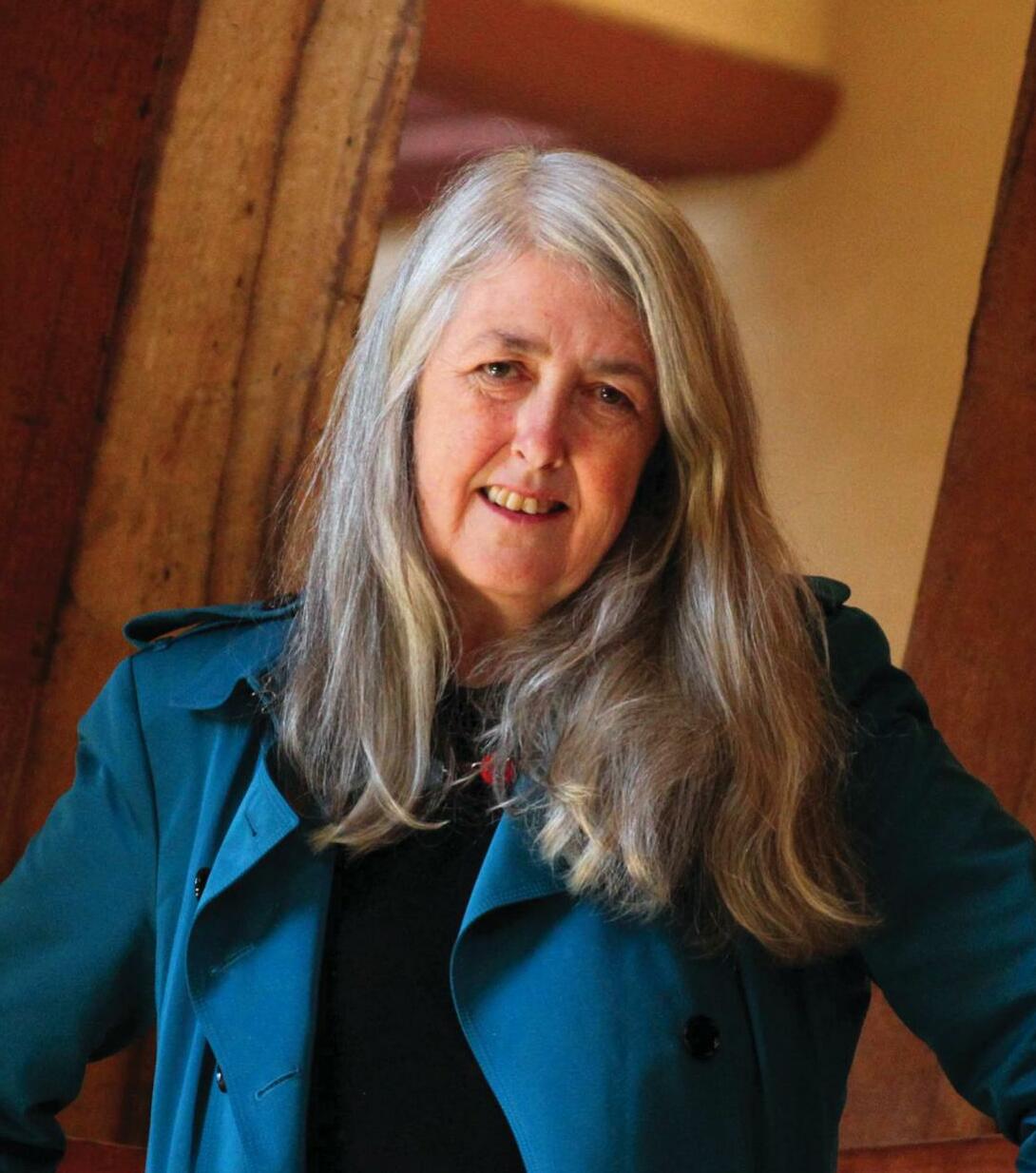"The Roman empire cannot have been governed by a series of psychopaths. It would not have survived"
BBC History UK
|November 2023
MARY BEARD tells Matt Elton what life would have been like for Rome's - from the path to the top to the almost inevitable sticky end emperors

Matt Elton: Your new book covers a swathe of the history of ancient Rome, from Julius Caesar to Septimius Severus and beyond, but starts by introducing a less familiar figure. Who is he, and why did you lead with him?
Mary Beard: The book kicks off with the story of a teenager from Syria who came to the Roman throne in AD 218 and who was assassinated in 222. Known as Elagabalus [officially Marcus Aurelius Antoninus], he certainly wasn’t one of Rome’s greatest hits, but he is an emperor around whom the most extravagant stories have collected. If you think Nero or Caligula were over the top, you ain’t seen nothing until you’ve looked at Elagabalus! We’re told that when he invited people to dinner, he showered them with rose petals – with so many petals that his guests were smothered and died. He is said to have been the earliest known user of the whoopee cushion in western history: he would have his slaves go around and let the air out of dinner guests’ cushions so that they ended up on the floor. He’s also reputed to have married a Vestal Virgin [a priestess sworn to chastity] and made a human sacrifice. In short, Nero was a pussycat in comparison.
Bu hikaye BBC History UK dergisinin November 2023 baskısından alınmıştır.
Binlerce özenle seçilmiş premium hikayeye ve 9.000'den fazla dergi ve gazeteye erişmek için Magzter GOLD'a abone olun.
Zaten abone misiniz? Oturum aç
BBC History UK'den DAHA FAZLA HİKAYE

BBC History UK
On the skids
Richard Rodgers and Oscar Hammerstein II's smash musical Oklahoma! opened on Broadway on 31 March 1943.
1 min
Christmas 2025

BBC History UK
Small pleasures
Memory is imperfect, but what if you could get a professional model maker to recreate a moment from the past?
1 min
Christmas 2025

BBC History UK
Bath in five places
In the Georgian era, Bath became arguably Britain's most fashionable destination. KIRSTEN ELLIOTT promenades five historic highlights
3 mins
Christmas 2025

BBC History UK
End times
Why do civilisations that dominated their epoch fail? In an era of autocracy, climate change, the rise of Al and a first-hand understanding of how deadly pandemics can be, it's a question that seems pertinent.
1 min
Christmas 2025

BBC History UK
What are the origins of the Yule Lads?
To learn about the Jólasveinar (Yule Lads), we must start with their mother, the terrifying ogress Grýla. Her name appeared in Icelandic texts as early as the 13th century, although it wasn’t until later that those 13 mischievous lads became associated with her. Folk tales and poems tell how she descends from the mountains with an empty sack to stuff full of children. Grýla owns the monstrous Jólaköttur (Yule Cat), which roams the countryside on Christmas Eve, searching for children to gobble up if they're not wearing new clothes.
1 mins
Christmas 2025

BBC History UK
Santa Claus v Father Christmas
The true identity of the white-bearded, red-robed figure who fills children's stockings at Christmas has long been debated. Thomas Ruys Smith sizes up the merry contenders
8 mins
Christmas 2025

BBC History UK
Frontier friction
Set in Washington Territory in 1854, The Abandons is a Western that's unusual for having two matriarchs, women whose lives become entangled, at its centre.
1 min
Christmas 2025

BBC History UK
The Last Days of Pompeii: The Immersive Experience
Delve into the culture of daily Roman life, witness the momentous eruption of Mount Vesuvius, and follow its fallout in Immerse LDN's new exhibition. In a blend of cutting-edge technology and vivid storytelling, this exhibition launches visitors into Pompeii's rich history with recreations of the ancient city's beautiful pre-eruption landscape, a 360-degree virtual reality Roman amphitheatre experience, and a digital metaverse recreating Pompeii's 'Villa of Mysteries'.
1 min
Christmas 2025

BBC History UK
Elizabeth Marsh The corsair's captive
Taken hostage by a Barbary ship's captain in the 18th century, a young Englishwoman found herself fighting for her freedom in Marrakech. ADAM NICHOLS introduces a brave captive who later wrote a book about her dramatic experiences
6 mins
Christmas 2025

BBC History UK
29 DECEMBER 1170: Thomas Becket is murdered in Canterbury
Knights loyal to Henry II rid him of the “low-born cleric”
2 mins
Christmas 2025
Translate
Change font size

